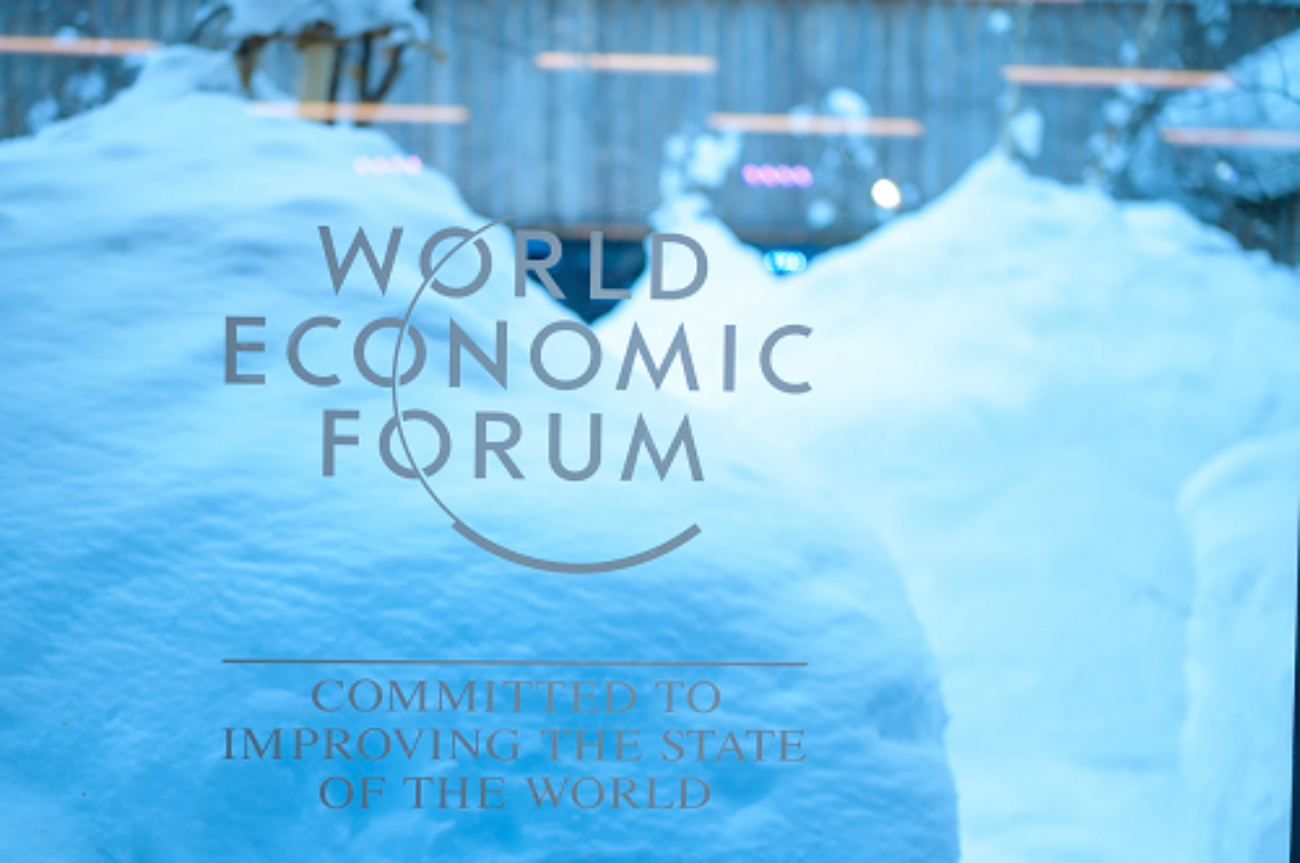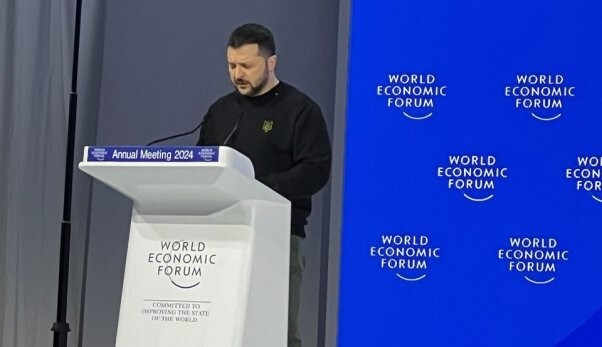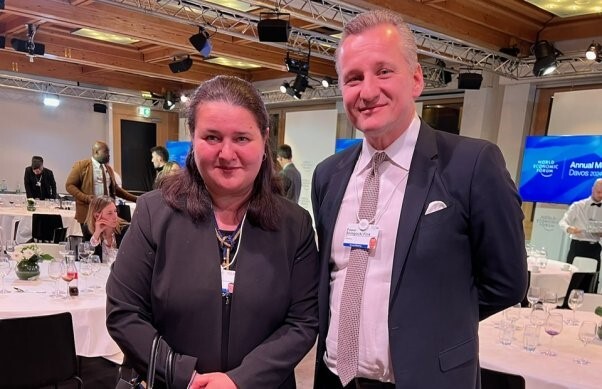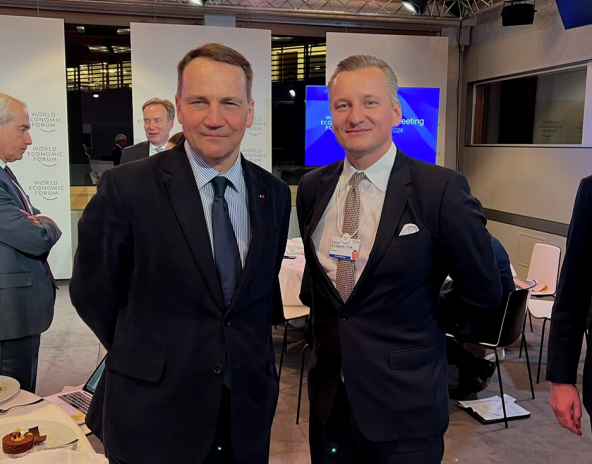Insights

WEF Davos 2024: Uniting Europe, Advancing AI, and Embracing Sustainability

Lessons from the 2024 World Economic Forum
Last month, Pawel Sniegocki Fink, Stonehage Fleming’s Head of Investment Management Liechtenstein and CIO of Switzerland & Liechtenstein had the privilege of attending the 54th Annual Meeting of the World Economic Forum (WEF) in Davos. Engaging in various workshops and breakout sessions, he returned inspired by the vibrant discussions and innovative ideas centred around this year's theme, “Rebuilding Trust”.
Vision for a Stronger United Europe
Amidst the backdrop of global challenges, the European Union (EU)'s unprecedented unity and resilience were on prominent display. The European Green Deal, the Next Generation EU initiative, and unwavering support for Ukraine highlight the EU's strength and solidarity, as emphasized by Ursula von der Leyen, President of the European Commission. Remarkably, Europe has dramatically reduced its energy dependence on Russia from one in five units in 2021 to one in twenty last year, demonstrating the power of collaborative action, open markets, and a unified market strategy.
A Call to Action from President Zelenskyy
In a moving session, President Zelenskyy of Ukraine delivered an impassioned plea for support. His vision for rebuilding Ukraine struck a chord with many in the audience as he underlined the need for international cooperation and external investment to restore and reconstruct his embattled nation. As he put it: “To bring peace closer, we need your support in Ukraine to build, reconstruct, and restore our lives.”

Ukrainian President Volodymyr Zelenskyy speaking at Davos
Unwavering Support for Ukraine
For their part, European leaders reiterated the need for continued support for Ukraine both in financial and military terms, not only to avert future conflict but also to offer hope, paving the way for a brighter future. “Filled with immense joy, we announced last month the initiation of discussions for Ukraine's accession to EU membership”, said President von de Leyen. On 1stof February 2024, all 27 EU countries have agreed on an additional €50bn ($54bn) aid package for Ukraine.

Pawel with Oksana Markarova, Ambassador of Ukraine to the United States

Radoslaw Tomasz Sikorski, Minister of Foreign Affairs of Poland
AI is a key focus for world leaders
WEF's Global Risk Report has identified AI as one of the top potential risks facing us in the next decade.
Ursula von der Leyen outlined her impressive ambition for Europe to be on the front foot and become a leader in “Industrial AI”. Europe, she noted, has a huge competitive edge when it comes to industrial data with the region boasting nearly 200,000 software engineers with AI experience – a greater concentration than in the United States and China.
Meanwhile, the business community expressed both intrigue and caution around AI's possibilities. Speakers from L’Oreal, Sanofi, Deloitte and Accenture, spoke of the necessity to adapt business models, educate people around the responsible use of AI and use models to guide its application.
Sustainability – Still a Focus in an Uncertain World
Former US Secretary of State and current US Special Presidential Envoy for Climate, John Kerry, and Ray Dalio, Co-Chief Investment Officer at Bridgewater Associates, discussed the pressing need for sustainable investments in light of climate change. They highlighted the practical challenges of attracting private investment and the importance of profitable climate finance.
Gim Huay Neo, Managing Director at the Centre for Nature and Climate at the WEF, stressed the urgent realities of the global climate crisis, pointing to the escalating effects of extreme weather events and the fact that 2023 was the hottest year on record.
Last year the EU achieved a historic milestone; for the first time in history, generating more electricity from solar and wind sources than from gas. This year, the EU is poised to surpass another significant threshold, sourcing a greater share of its energy from wind and solar photovoltaic systems than from Russia, another major shift towards increasing use of renewable energy.
In an effort to accelerate the transition to a low-carbon economy, the First Movers Coalition (FMC) was established at COP26 through a collaboration between the WEF and John Kerry, US Special Presidential Envoy for Climate. It aims to reduce carbon emissions in the world's most carbon-intensive industries by stimulating private sector investment in green technologies. One notable achievement is Holcim’s landmark agreement to deploy up to 1,000 electric trucks from Volvo by 2030, the largest commercial order of heavy-duty electric trucks to date.